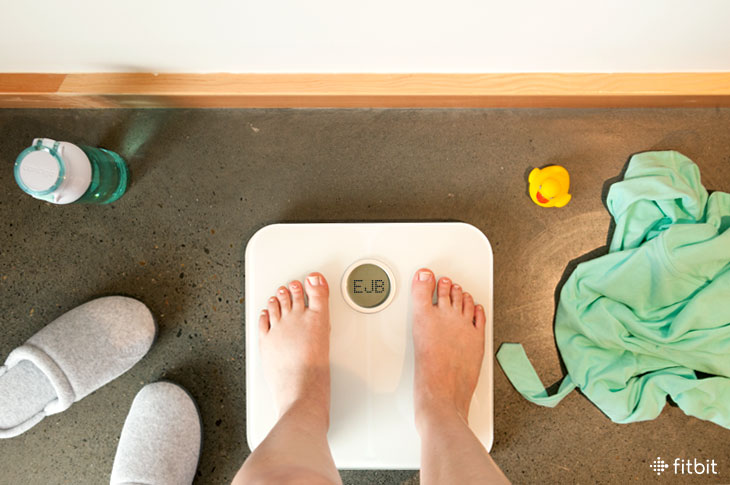 If you’re trying to slim down or maintain your weight, the problem may not be your calorie counting or your workouts. It could be your sleep. Studies show that there are many links between snoozing poorly and the ability to lose weight. Here’s why:
If you’re trying to slim down or maintain your weight, the problem may not be your calorie counting or your workouts. It could be your sleep. Studies show that there are many links between snoozing poorly and the ability to lose weight. Here’s why:
“Over time, lack of sleep can change how your body processes blood sugar and regulates the hormones that control hunger and appetite,” says Fitbit sleep advisor Michael Grandner, PhD, MTR, director of the Sleep and Health Research Program at the University of Arizona College of Medicine.
Some research reveals that sleeping for an average of six hours or less increases your risk of weight gain and, if this sleep deprivation is chronic, can cause you to become obese.
During the night, you get a natural increase in the hormone leptin, which keeps you from getting hungry. Staying up keeps this leptin level from rising, which leads to late night cravings.
Sleep deprivation can keep your brain from making good decisions, especially late at night. This can lead to unhealthy food or exercise choices that you wouldn’t make if you were well rested.
The genes that regulate all of your body’s rhythms also play an important role in metabolism and energy storage. Because lack of sleep can disrupt these rhythms, the result can be an increase in storing energy as fat and not using it.
On the other hand, “sleeping well can help your body regulate metabolism, regulate food cravings, and make better decisions about what and when to eat,” says Grandner.
This information is for educational purposes only and is not intended as a substitute for medical diagnosis or treatment. You should not use this information to diagnose or treat a health problem or condition. Always check with your doctor before changing your diet, altering your sleep habits, taking supplements, or starting a new fitness routine.

If you have questions about a Fitbit tracker, product availability, or the status of your order, contact our Support Team or search the Fitbit Community for answers.
Please note: Comments are moderated and may not appear immediately after submission.